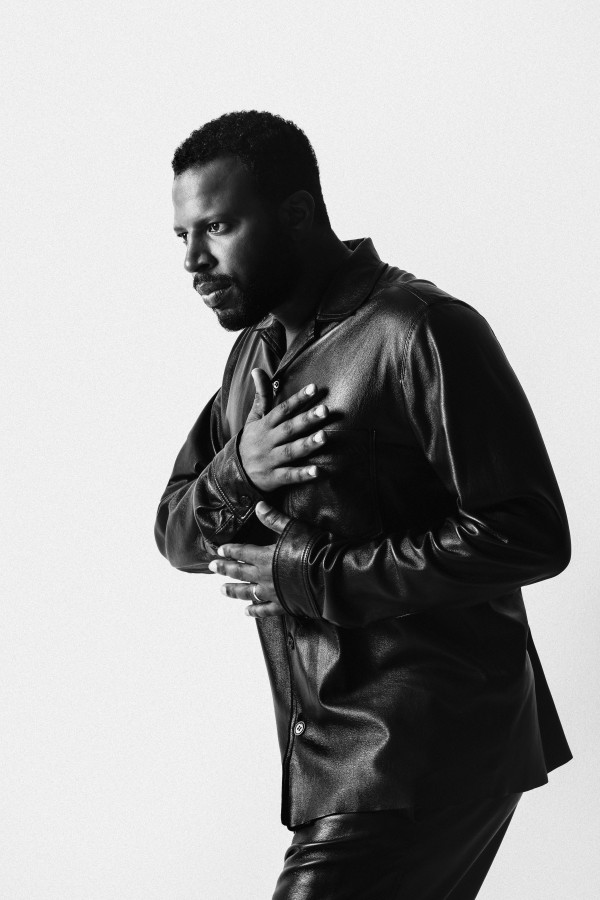This workshop led by Dino D’Santiago invites us to reflect on how music plays a vital role in resisting colonial oppression and in the quest for collective emancipation.

Funaná and Batuku are cultural expressions of resistance and identity in Cape Verde, both of which emerged as popular manifestations during the colonial period. Funaná, which originated in the interior of Santiago, was initially stigmatized by the Church and the colonial regime, but resisted in rural areas and spread to urban centers after independence.
Batuku, a predominantly female expression, is marked by a circular dance and the use of the txabeta. Although it was also the target of repression during the colonial period, being considered immoral and subversive, Batuku resisted and became a ritual of celebration and resistance.
It is from this heritage of resistance that musician Dino D’Santiago invites us to reflect on how music plays a vital role in resisting colonial oppression and in the search for collective emancipation.
Biografia
Dino D’Santiago (Quarteira, 1982) is a musician, composer and activist. The son of Cape Verdean parents, he grew up between the Algarve and the African oral tradition, territories that he would later combine with electronic music, creating a unique sound on the Portuguese music scene. He began his career on television, but it was in songwriting that he consolidated his place: Eu e os Meus (2008) and Eva (2013) marked his solo debut. A trip to the island of Santiago transformed his artistic career, giving rise to Mundu Nôbu (2018), an album that revealed him to the general public and redefined his musical universe. Since then, he has explored crossovers between funaná, morna, batida, gospel, soul and R&B, giving shape to a music of resistance and healing, marked by the diaspora. Recognised with several awards — including three Play awards in 2019 — he has collaborated with artists such as Branko, Slow J, Julinho KSD, Pedro da Linha and Madonna, joining the Madame X tour. Off stage, he has established himself as a curator and agent of social transformation: he founded the Lisboa Criola platform, which promotes artists of African descent in institutions such as MAAT, Gulbenkian, BoCA and the Iminente Festival. In 2023, he participated in the São Paulo Biennial at the invitation of Grada Kilomba. His music is also a political statement: he sings in Creole, Portuguese and English to give voice to shared memories and futures, between ancestry and reinvention. Dino D’Santiago is now an essential figure in Portuguese culture and new global music.